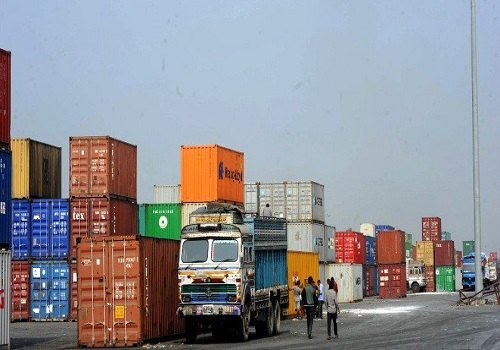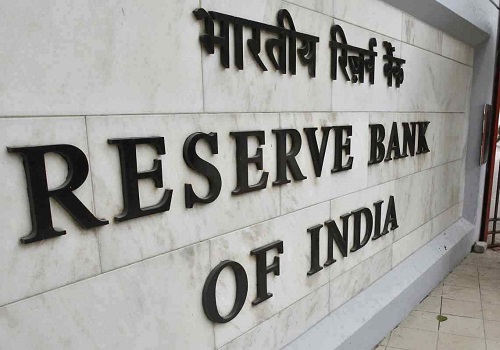India`s first railway test track for high-speed trials to be operational in Dec 2025

India's first dedicated railway test track, under construction in Rajasthan, is expected to be completed by December 2025 with a total investment of Rs 820 crore, according to the Ministry of Railways.
The 60-kilometre track will enable advanced testing of rolling stock which includes high-speed trials for bullet trains, and introduce new capabilities in railway infrastructure. Once it becomes operational, the track will accommodate speeds of up to 230 kmph, marking a milestone for high-speed rail testing in India.
Located near Sambhar Lake in the Jodhpur Division, about 80 kilometres from Jaipur, the track runs between Gudha and Thathana Mithdi in the Deedwana district. The new track marks a milestone for Indian Railways, allowing extensive testing without disrupting existing passenger services.
In addition to bullet trains, the track will test high-speed, semi-high-speed, and metro trains in the future. Research Design and Standards Organisation (RSDO) will evaluate every parameter of train performance, including stability and safety on deteriorated tracks before any coach, bogie, or engine is cleared for regular use.
The layout of the track includes numerous curved sections designed for testing train performance at varying speeds. With curves tailored for both low and high-speed tests, the track allows for realistic assessments of how trains respond to sharp turns without reducing speed.
The facility will also test comprehensive safety and durability parameters such as accident resistance, rolling stock stability, and track material quality. RDSO is overseeing the project, which features seven large bridges, 129 small bridges, and four stations - Gudha, Jabdinagar, Nawan, and Mithadi.
The project's engineering includes Reinforced Cement Concrete (RCC) and steel bridges built to withstand the high-speed vibrations of modern trains. Stainless steel components have been used to prevent corrosion in Sambhar Lake’s alkaline environment, ensuring longevity and safety. This test track will allow India to conduct all train trials domestically, avoiding disruptions to regular rail schedules. It will be available for testing by neighbouring countries, too, showcasing India’s growing expertise in railway infrastructure.
The layout includes a high-speed loop of 13 km at Gudha, a 3 km quick-testing loop at Nawa, and a 20 km curve-testing loop at Meethadi. Additionally, a 7 km twisting track section is being laid to evaluate the train’s response on damaged tracks, aiming to enhance safety protocols for varying rail conditions.




















